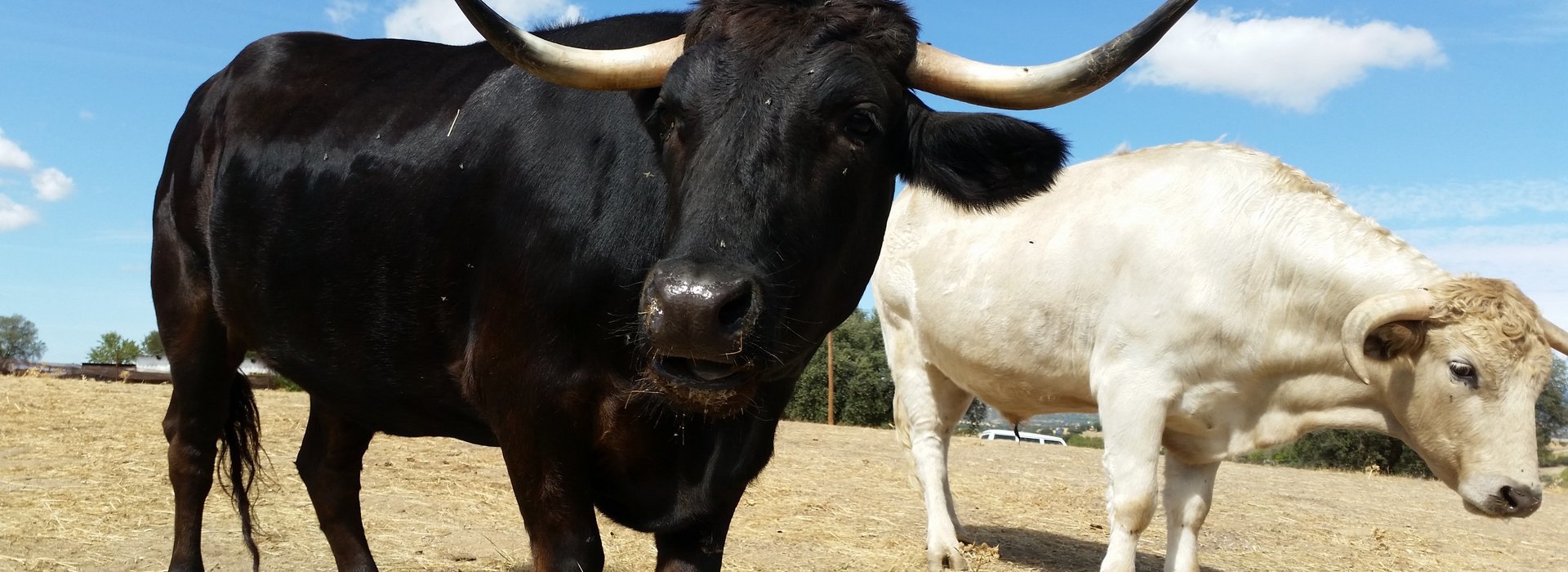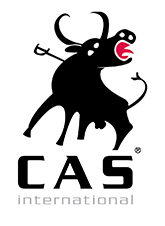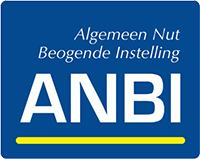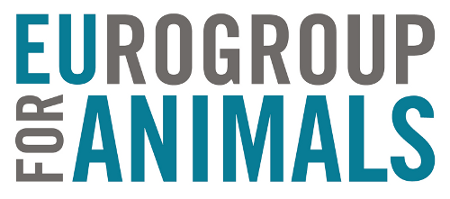UN recognizes link between animal welfare and environment
08-03-2022Vital links between animal welfare and the environmental crises will be formally recognised for the first time at a global level, after the adoption of an historic resolution today (2nd March), at the United Nations Environment Assembly (UNEA 5). At the fifth session of UNEA, in Nairobi, Kenya, a crucial resolution was passed that will help develop a better understanding of the relationship that exists between improving animal welfare and tackling the drivers of wildlife loss, climate change, pollution and pandemic diseases.
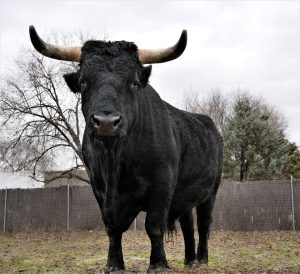
© Santuario Vegan
What the resolution means
The resolution on the Nexus between Animal Welfare, Environment and Sustainable Development calls on the United Nations Environment Programme (UNEP) Executive Director to prepare a report exploring the link between animal welfare, the environment and sustainable development.
This includes stopping biodiversity loss, restoring ecosystems, reducing climate change, pollution and the risk of new infectious diseases that can pass from animals to humans.
A further resolution on Sustainable Nitrogen Management was also passed marking an important victory against nitrogen pollution, an enormous planetary challenge. However, it is a missed opportunity that the goal to halve nitrogen waste globally by 2030 was lost in the negotiations.
More work ahead
Eirini Pitsilidi, our Global Head of Food Systems Advocacy, who is on the ground at the Assembly in Nairobi engaging with Member States to raise support for the resolution, said:
“This is a momentous decision for animal welfare. Improving animal welfare is vital to securing a sustainable future for animals, people, and the planet so the adoption of this resolution is hugely significant, although it’s just the beginning.”
“It’s now up to all Member States and UNEP to fully implement the resolution agreed today to ensure the improvement of animal welfare and nature protection at country level across the globe.”
Major Global Movement
Compassion worked as part of a major global movement of animal welfare groups raising support for the adoption of the resolution, under the leadership of Compassion trustee, Josphat Ngonyo and the Africa Network for Animal Welfare (ANAW), together with the World Federation for Animals and AU-IBAR. Together the groups wrote to environment ministries across the globe urging them to back the resolution, which was universally passed by 193 countries.
The resolution was initiated by the government of Ghana and co-sponsored by six other Member States: Senegal, Burkina Faso, Ethiopia, Democratic Republic of Congo, South Sudan and Pakistan.
Bullfighting
Bullfighting requires the breeding of bulls and cows. The industry creates nitrogen pollution. In addition, many more bulls and cows are bred than we actually see: some of these animals are not used for bullfighting. Not all fighting bulls are suitable for bullfighting. After a selection procedure, they end up in the slaughterhouse, bull festivals or a bullfighting school. CAS International, together with CIWF and colleague organizations, has campaigned for the resolution.




